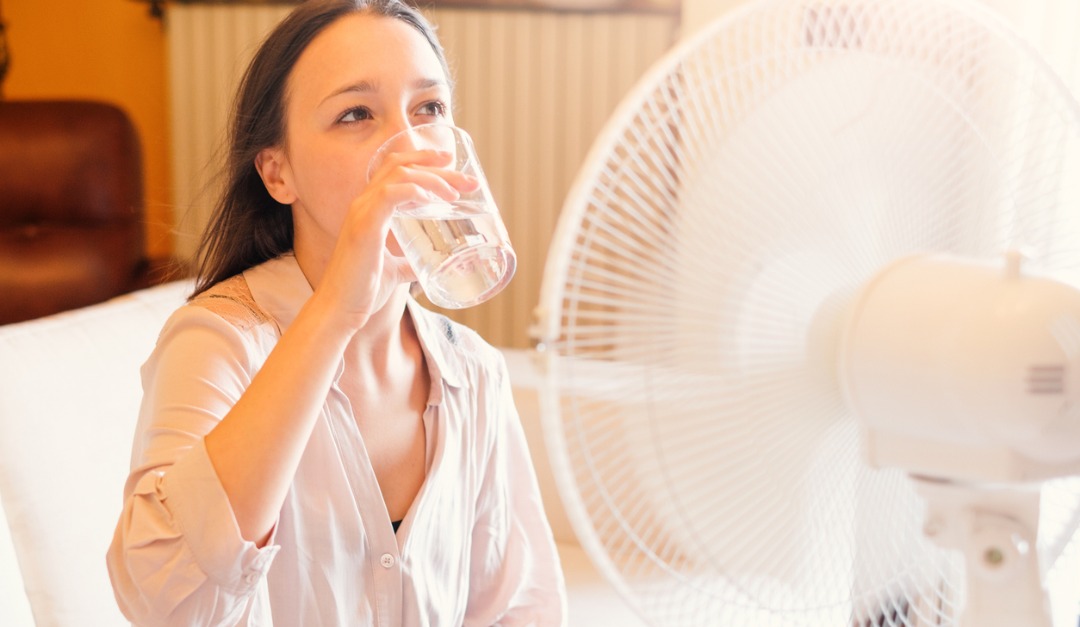
How to Stay Comfortable and Healthy During a Heat Wave
Summer heat often grips parts of the country for days on end. An extended period of extreme heat can be mentally taxing and dangerous to your health and that of your loved ones. Here are some tips to help you cope.
Stay Hydrated
The body sweats to cool itself, but that process doesn’t work as efficiently at high temperatures. If you feel thirsty, that is a sign that your body is already dehydrated.
Drink plenty of water, even if you don’t feel thirsty. You can also consume other hydrating beverages, such as juice, and eat fruits and vegetables with a high water content. Avoid alcohol since it can cause dehydration. If you consume beverages with caffeine, do so in moderation.
Focus on the health of children and senior citizens. They may not feel thirsty when they are dehydrated. Monitor their fluid intake and make sure they stay hydrated.
Remain Inside If You Can
Stay indoors as much as you can and avoid intense physical activity during the hottest parts of the day, which are generally from 10 a.m. to 4 p.m. Keep windows, blinds and curtains closed and use air conditioning or fans. Try to spend most of your time in the coolest room in your home.
Drink cold beverages and eat cold foods, such as salad. Avoid using the oven and stove as much as possible. If the heat starts getting to you while you are at home, use wet towels on your neck and arms to cool off or take a cool shower or bath.
If you have to go outdoors, wear loose-fitting, light-colored clothing, as well as sunscreen and a hat. Take a bottle of water with you and stay hydrated.
Know What to Do If You Lose Power
If there is a power outage, stay in the coolest part of your house, go to the home of a family member or friend who has electricity, an air-conditioned public place or find a local cooling center. If you stay home, keep your refrigerator and freezer closed as much as possible. A refrigerator can stay cold for up to four hours if the power goes out. A full freezer will stay cold enough to keep food safe for 48 hours. A half-full freezer can stay cold for up to 24 hours.
Monitor Your Health and Check on Others Who are Vulnerable
If you have a medical condition or take medication, talk to your doctor about how the heat could affect you. Ask if there are any special precautions you should take to stay healthy.
If you have elderly friends or relatives, call or stop by to check on them. They may not realize that they are dehydrated or suffering other effects of extreme heat.
A heat-related illness may cause symptoms such as nausea, lack of coordination, muscle aches or an overall sick feeling. If that happens to you or a loved one, cool off and seek medical help if the symptoms are severe.

